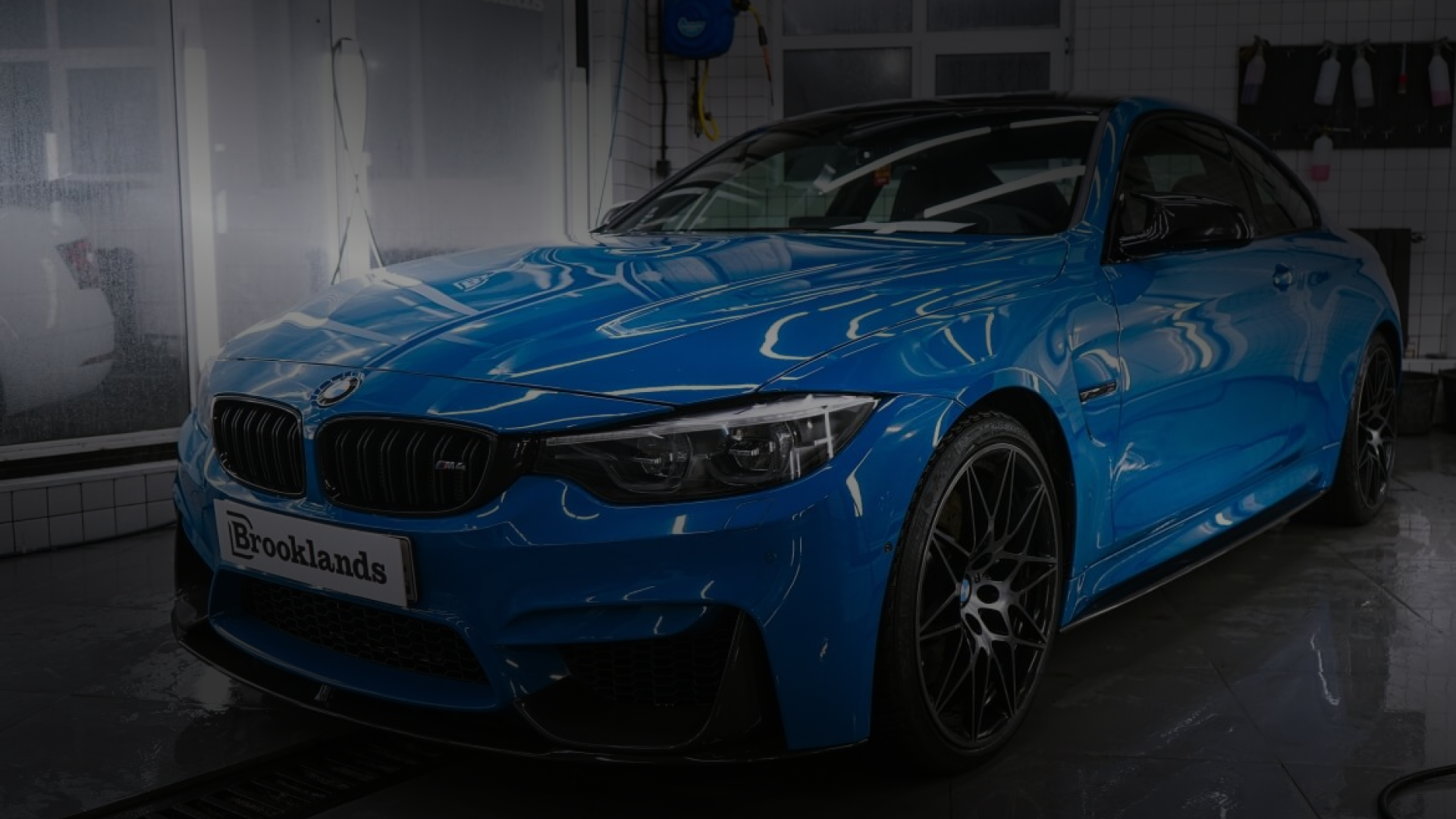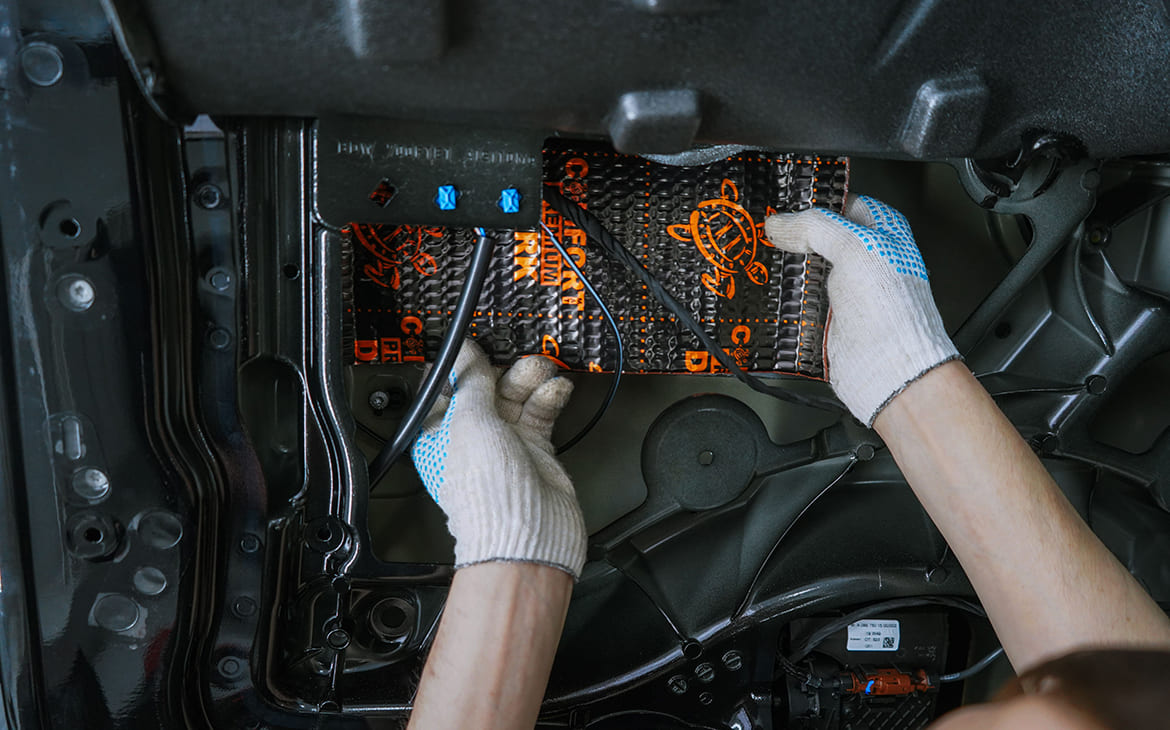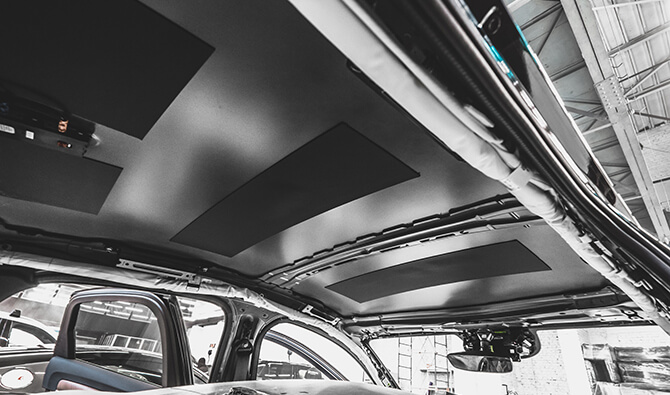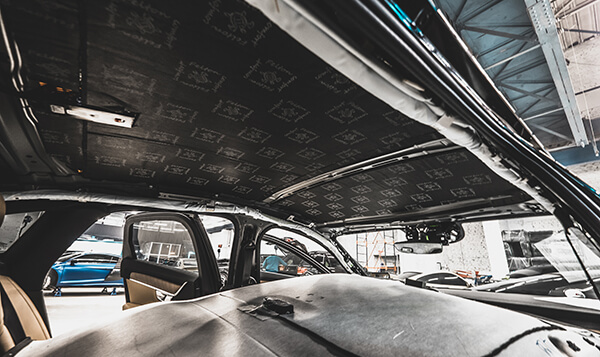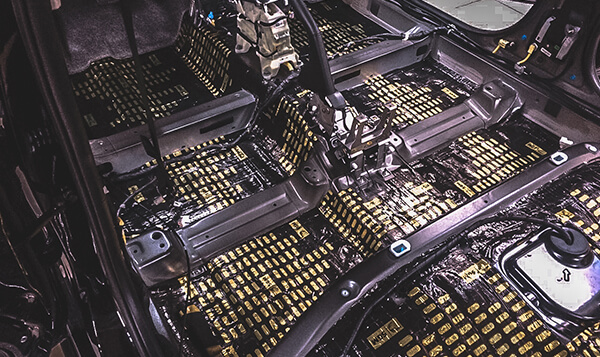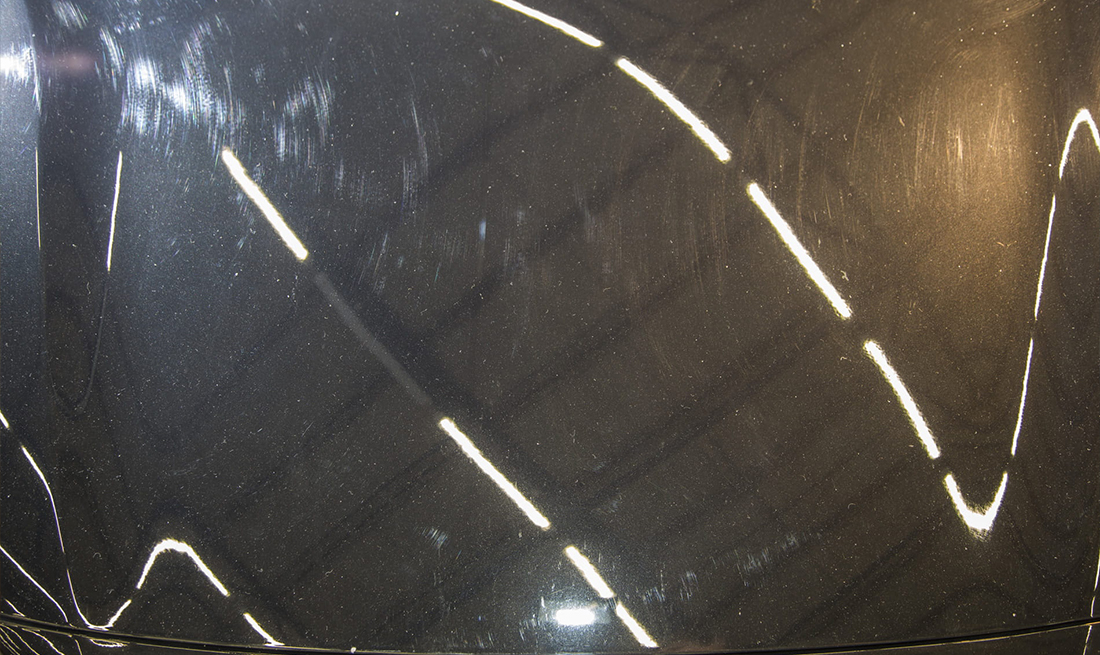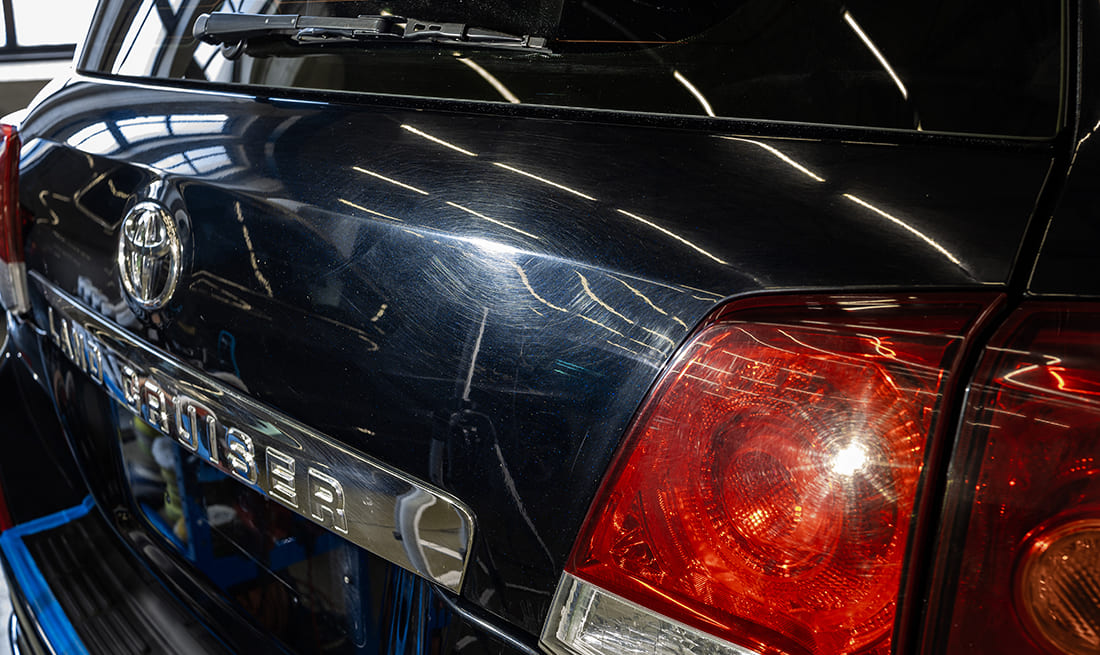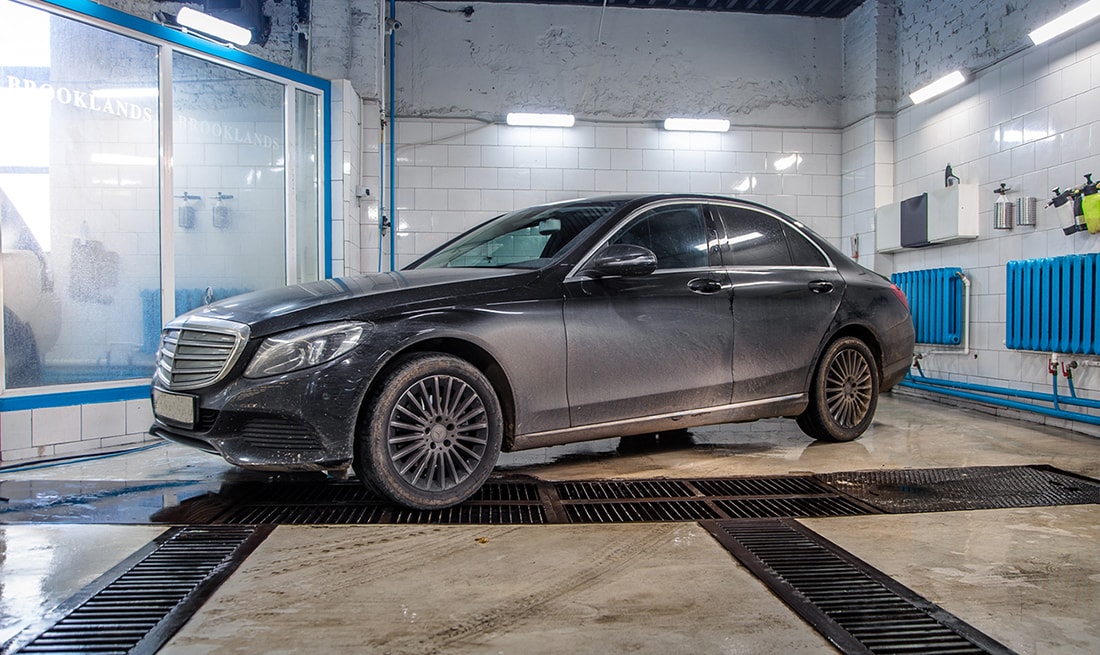
Vehicle soundproofing
Full vibration and soundproofing of the car—doors, wheel arches, floor, ceiling, interior, roof, and trunk—using professional-grade materials.
10
Years of experience
11000+
Satisfied clients
3
Branches
150+
Top-tier professionals
Vehicle soundproofing
Professional soundproofing using multi-layer materials and meticulous attention to all resonating components will significantly reduce the overall noise level.
Find your car's class
| Price List for Services | 1class | 2class | 3class | 4class | 5class | 6class | ||||||
|---|---|---|---|---|---|---|---|---|---|---|---|---|
"PREMIUM" Package with Ultra-Light Vibration-Damping Material For Areas with Medium and High Vibration Loads | 12000 AED | 12000 AED | 13000 AED | 14000 AED | 15000 AED | 16000 AED | ||||||
Floor | 2900 AED | 3100 AED | 3700 AED | 4000 AED | 4500 AED | 4800 AED | ||||||
Headliner | 2700 AED | 2800 AED | 3100 AED | 3400 AED | 3800 AED | 4000 AED | ||||||
Doors (4 pcs.) | 2000 AED | 2000 AED | 2100 AED | 2200 AED | 2300 AED | 2600 AED | ||||||
Door Panels(4 pcs.) | 1250 AED | 1250 AED | 1350 AED | 1350 AED | 1400 AED | 1400 AED | ||||||
Tailgate / Rear Parcel Shelf | 450 AED | 450 AED | 500 AED | 500 AED | 600 AED | 600 AED | ||||||
Trunk Compartment | 2000 AED | 2000 AED | 2200 AED | 2400 AED | 2600 AED | 2800 AED | ||||||
Metal Wheel Arches | 1400 AED | 1400 AED | 1500 AED | 1600 AED | 1800 AED | 1900 AED | ||||||
Felt Inner Liners | 1250 AED | 1250 AED | 1250 AED | 1250 AED | 1250 AED | 1250 AED | ||||||
Plastic Inner Liners | 1100 AED | 1100 AED | 1100 AED | 1100 AED | 1100 AED | 1100 AED | ||||||
Interior Disassembley | ||||||||||||
Floor Disassembly/Reassembly for Removal | 1700 AED | 1800 AED | 2000 AED | 2100 AED | 2300 AED | 2400 AED | ||||||
Dashboard Removal/Installation | 1500 AED | 1700 AED | 1900 AED | 2100 AED | 2300 AED | 2500 AED | ||||||
Dashboard Side Panels Removal/Installation | 50 AED | 50 AED | 50 AED | 50 AED | 50 AED | 50 AED | ||||||
Headliner and Pillars Removal/Installation | 1000 AED | 1100 AED | 1200 AED | 1300 AED | 1400 AED | 1500 AED | ||||||
Pillars Removal/Installation | 500 AED | 600 AED | 700 AED | 800 AED | 900 AED | 1000 AED | ||||||
Center Console Removal/Installation | 600 AED | 700 AED | 800 AED | 900 AED | 1000 AED | 1100 AED | ||||||
Center Armrest Removal/Installation | 150 AED | 150 AED | 150 AED | 150 AED | 150 AED | 150 AED | ||||||
All Seats Removal/Installation | 400 AED | 400 AED | 500 AED | 500 AED | 600 AED | 600 AED | ||||||
Front Seats Removal/Installation | 200 AED | 200 AED | 200 AED | 200 AED | 200 AED | 200 AED | ||||||
Rear Row Removal/Installation | 200 AED | 200 AED | 300 AED | 300 AED | 400 AED | 400 AED | ||||||
Seat Backrest Removal/Installation | 150 AED | 150 AED | 150 AED | 200 AED | 200 AED | 200 AED | ||||||
Door Panel Removal/Installation (1 pc.) | 50 AED | 50 AED | 50 AED | 50 AED | 50 AED | 50 AED | ||||||
Seat Belts Removal/Installation (1 pc.) | 200 AED | 200 AED | 250 AED | 250 AED | 300 AED | 300 AED | ||||||
Side Skirts Removal/Installation (1 pc.) | 50 AED | 50 AED | 50 AED | 50 AED | 50 AED | 50 AED | ||||||
Steering Wheel Removal/Installation | 200 AED | 200 AED | 200 AED | 200 AED | 200 AED | 200 AED | ||||||
Steering Column Cover Removal/Installation | 50 AED | 50 AED | 50 AED | 50 AED | 50 AED | 50 AED | ||||||
Gear Shift Knob Removal/Installation | 50 AED | 50 AED | 50 AED | 50 AED | 50 AED | 50 AED | ||||||
Airbag Removal/Installation | 50 AED | 50 AED | 50 AED | 50 AED | 50 AED | 50 AED | ||||||
Headliner Handle/Visor Removal/Installation (1 pc.) | 50 AED | 50 AED | 50 AED | 50 AED | 50 AED | 50 AED | ||||||
Seat Side Trim Removal/Installation | 100 AED | 100 AED | 100 AED | 100 AED | 100 AED | 100 AED | ||||||
Disassembly for Wheel Wells and Suspension Cleaning | ||||||||||||
Suspension Disassembly/Reassembly (1 pc.) | 350 AED | 350 AED | 400 AED | 400 AED | 450 AED | 450 AED | ||||||
Car vibration and soundproofing eliminates annoying street noise, squeaks, and vibrations from doors, wheel arches, the trunk, roof, and floor of your car once and for all! You’ll be able to enjoy high-quality music, have clear phone conversations, or simply enjoy the silence—making your driving experience significantly more comfortable!
At Brooklands Detailing, we offer professional vibration and soundproofing services for the following areas:
- Doors and interior panels: This will protect against external noise and create a sealed acoustic environment. The process is done without complicated disassembly of parts.
- Car floor (underbody): Modern factory carpets do not shield the car from road noise, suspension sounds, or vibrations. This service not only reduces noise and vibration but also helps retain heat and maintain a comfortable cabin temperature.
- Trunk: Popular for hatchbacks, station wagons, and cars with sporty exhaust systems. The process reduces noise from the rear suspension, exhaust system, and wheel arches.
- Wheel arches (inner fenders): The wheels are removed, and the inner plastic wheel wells are cleaned. This is one of the most common services, ensuring a more comfortable driving experience.
- Roof: The thin roof frame can make noise during heavy rain, hail, or from passing vehicles. In addition to reducing noise, the material has excellent thermal insulation properties.
- Hood: It’s best to do this alongside engine compartment soundproofing to completely block out engine noise.
- Dashboard: Soundproofing of the dashboard to reduce vibrations and noise within the cabin.
At Brooklands, our experts use only genuine soundproofing materials from Comfort Mat. These materials are durable and come with a long manufacturer’s warranty.
We offer two options for insulation services:
-
“Optimal” Package using Comfort Mat G-Line: These vibration-damping materials are designed to absorb and dissipate various types of sound and vibrations. The composition includes a new-generation G-formula mastics and HotAl aluminum foil using the InFliz technology. Recommended for areas with medium to high vibration loads. After soundproofing, the car’s weight increases by approximately 70 kg.
-
“Premium” Package using Comfort Mat D-Line: This is a premium vibration-damping material made from D-formula mastic using the multi-stage low-temperature mixing DarkAi technology, as well as HotAl aluminum foil using the InFliz technology. The vehicle’s weight increases by only 30 kg, which is 35% less than other materials. Recommended for use in areas with high vibration loads.
On average, soundproofing individual car parts takes around two hours, while full soundproofing takes about a full day.
The comfort of a car ride depends on many factors, with cabin soundproofing being one of the most important. Car manufacturers are well aware of this, but to save costs and reduce the overall weight of the vehicle, they typically use a minimal set of available materials. In fact, high-quality soundproofing can significantly raise the cost of materials and labor, which can increase the final price of the car. In industrial production, this can lead to huge additional expenses. However, not all car owners are willing to tolerate the acoustic “concert” that accompanies every drive in their favorite vehicle.
What is proper soundproofing in a car?
When done according to the right technique, soundproofing can reduce the overall level of noise entering the cabin by at least 50%. This includes not only soundproofing but also vibration isolation, which helps eliminate the resonance caused by strong vibrations from various parts and mechanisms of the car. Professional car soundproofing involves treating all components that can produce or transmit sound vibrations—such as the engine, trunk, floor, roof, ceiling, interior, wheel arches, doors, and more—with specialized materials.
Who should perform the car soundproofing that significantly increases comfort while driving?
While many car owners attempt this task themselves by purchasing ready-made soundproofing kits, the results are often disappointing. This is typically due to mistakes in applying vibration dampers and sound absorbers. Considering that doing it yourself, including buying all the materials, doesn’t save much compared to professional services, it raises the question: is it worth spending money on subpar results? There are two key factors for success in this job: choosing the right materials and applying them properly to the vehicle’s surfaces. What will this approach achieve, and how do professionals accomplish the task?
Why trust professionals with your car soundproofing?
Experienced specialists know there’s no universal soundproofing material that can block all types of sound waves effectively. The solution is simple: professionals create a "sandwich" of several materials, each contributing to the overall soundproofing. Vibration dampers, soundproofing materials, sound absorbers, and anti-squeak materials are placed in a specific order and in the right spots to eliminate as much noise and vibration as possible.
Understanding the technology of wheel arch treatment:
The process involves several steps: removing the plastic inner fender (carefully keeping all fragile clips!), cleaning, washing, degreasing, and drying the surface, applying polymer mastic and hardener, and then carefully reinstalling the fender. This also involves selecting the right isolating materials and determining the appropriate amount to avoid overloading the car’s bodywork. Does this sound complicated? A professional’s job extends beyond just the wheel arches—it's also about treating the doors, floor, engine compartment, and dashboard, with every part being disassembled and treated properly.
Cost of full car soundproofing:
The price for a full car soundproofing service is based on the specialist's labor (typically around 6-7 hours for a passenger vehicle) and the cost of materials. The materials are carefully selected to account for the specific characteristics of each part of the car’s body and the sound waves they transmit. For example, for doors, the "sandwich" might include a 2mm vibration damper, a 10mm sound absorber with a waterproof sealant, a vibration- and moisture-proof layer to seal existing holes, and an additional layer of sound absorber. Each part of the car body has its own "layered recipe," and together they create an impressive result: imagine cutting the noise entering your cabin by half!
This procedure will guarantee improved acoustic characteristics inside the cabin, making the driving experience more peaceful and comfortable for both the driver and passengers. It will also extend the lifespan of the vehicle due to the moisture-resistant properties of the materials (protecting against corrosion) and improve the vehicle’s thermal insulation.
Work stages
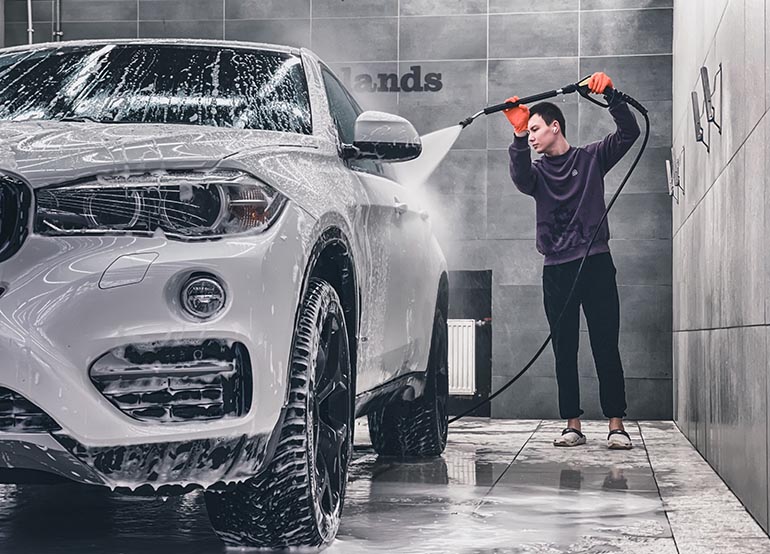
01
Vehicle Preparation
The car is thoroughly cleaned of dirt and dust. All interior panels, seats, and floor mats are removed to access the vehicle's metal surfaces.
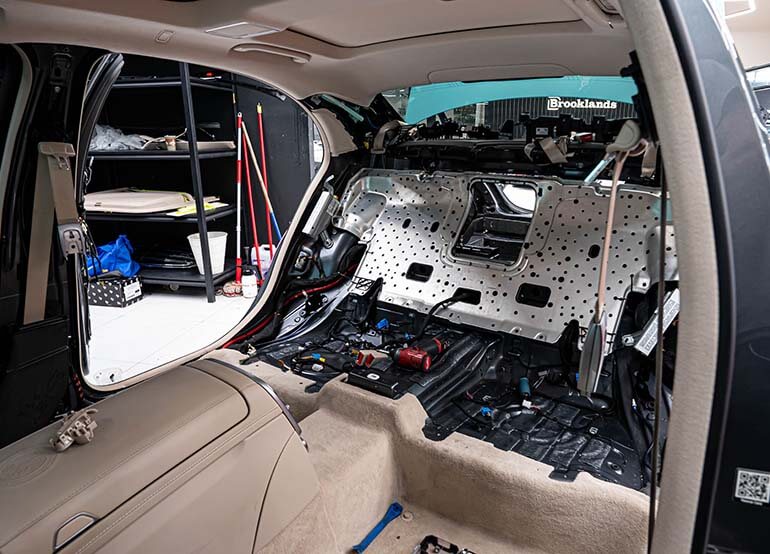
02
Interior Disassembly
Door panels, trim, carpeting, seats, and other interior elements are removed to ensure access to all surfaces for soundproofing.
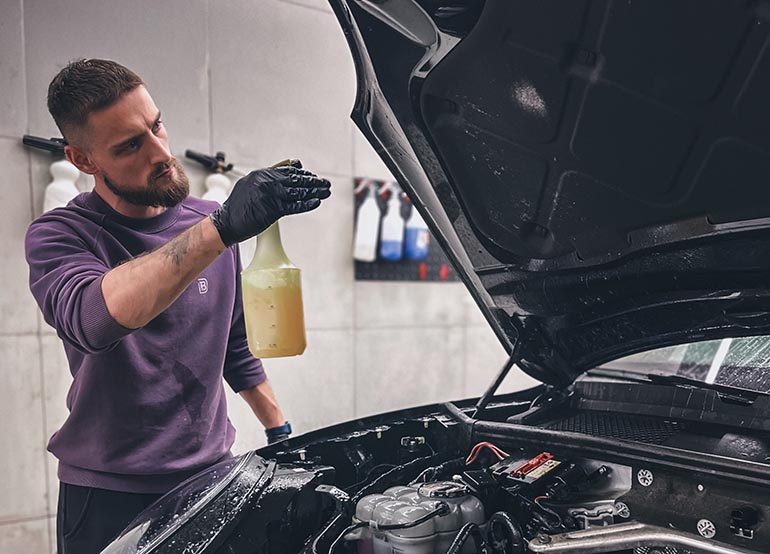
03
Cleaning and Degreasing Surfaces
The metal surfaces of the body are cleaned and degreased to ensure better adhesion of the soundproofing materials.
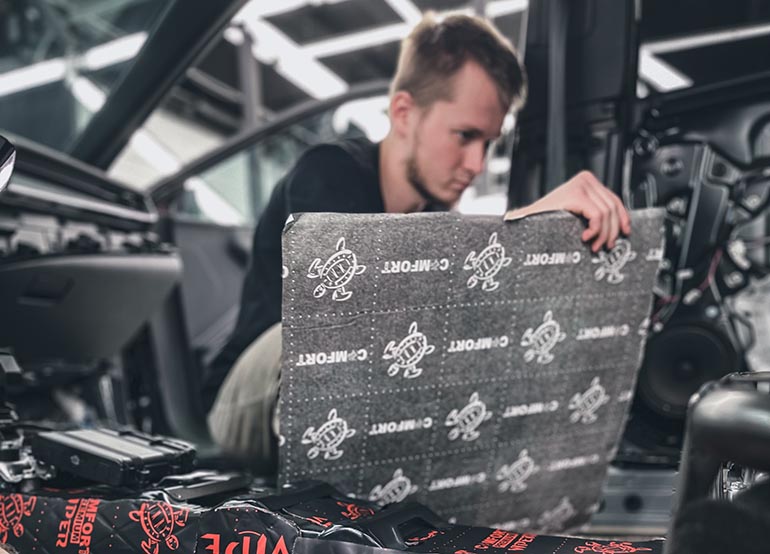
04
Soundproofing of Doors
Vibration-damping materials are applied to the inner surfaces of the doors to absorb vibrations and reduce noise from the road and wind.
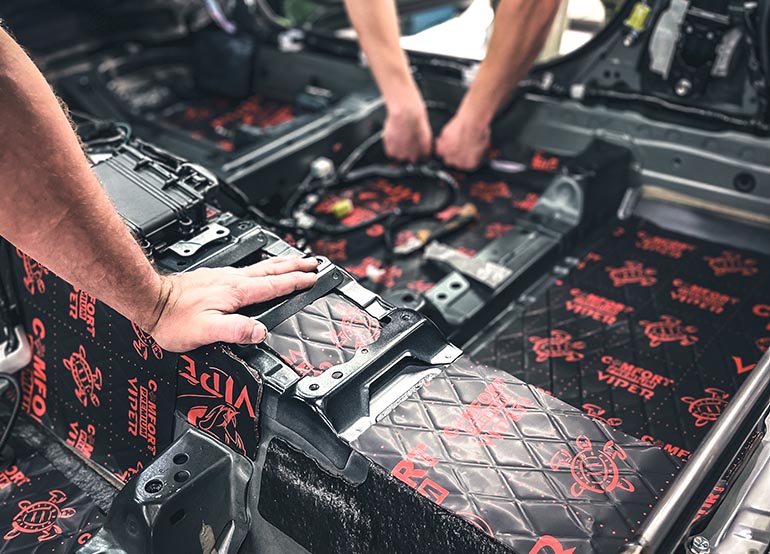
05
Roof Soundproofing
A layer of vibration-damping and sound-absorbing materials is applied to the metal surfaces of the roof to reduce noise from rain and wind.
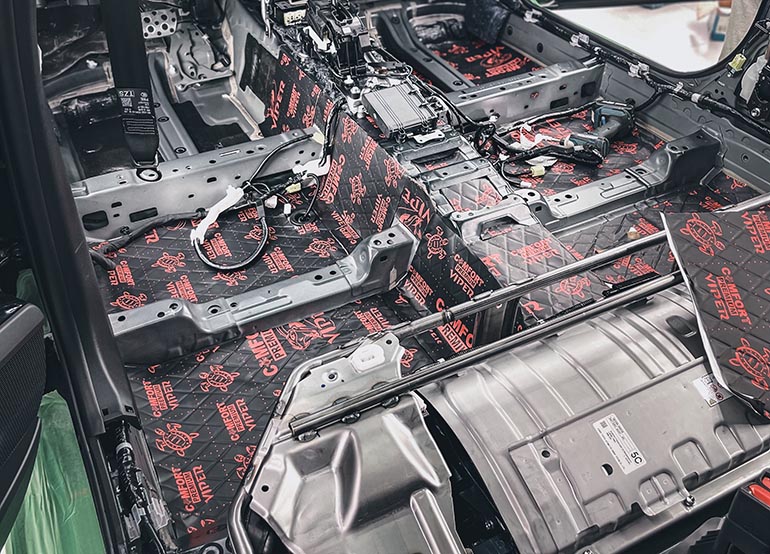
06
Floor Soundproofing
Vibration-damping and soundproofing materials are applied to the car floor, especially in areas where the exhaust system runs, as it can transmit noise into the cabin.
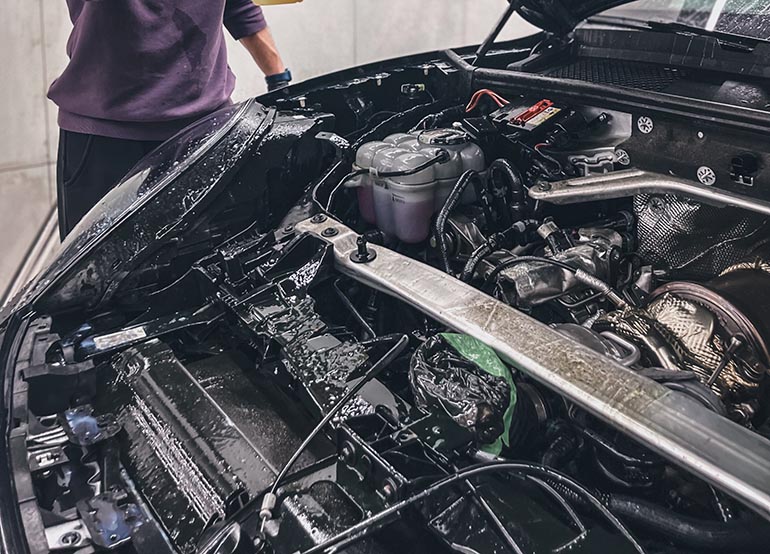
07
Engine Compartment Soundproofing
Soundproofing materials are applied to both the hood and the partition between the engine compartment and the cabin to reduce engine noise.
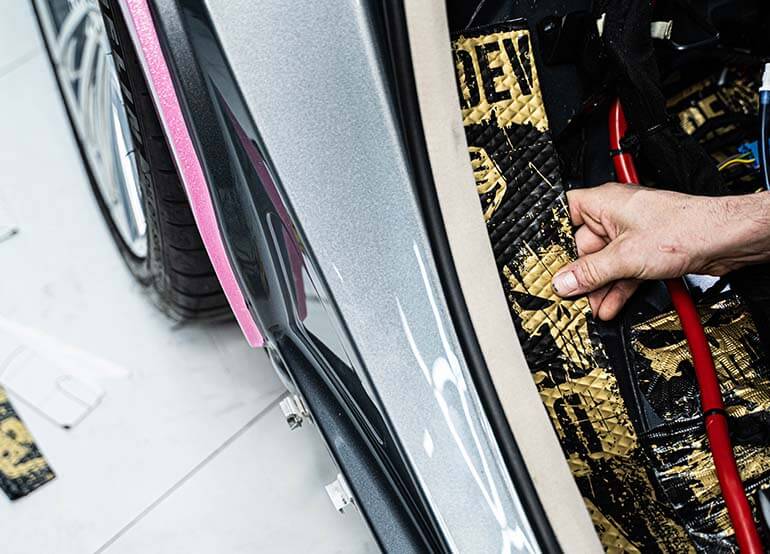
08
Wheel Arch Soundproofing
Soundproofing is installed in the wheel arches to reduce road noise and vibrations from the tires.
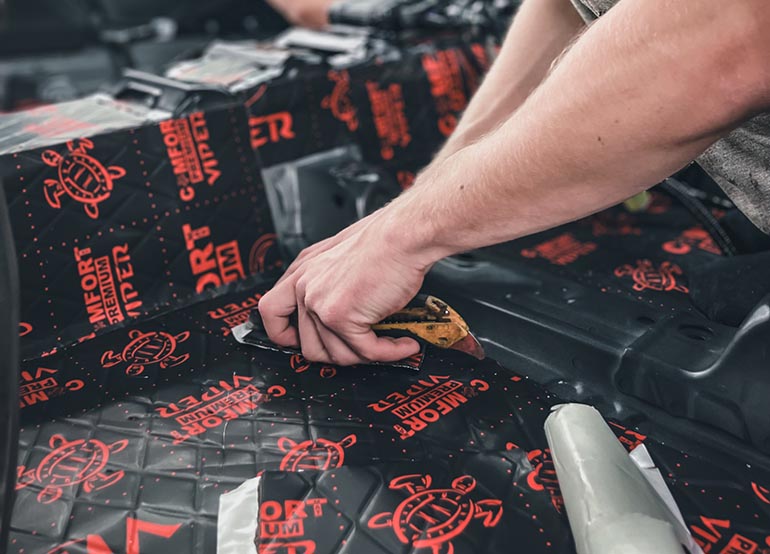
09
Trunk Soundproofing
Soundproofing materials are applied in the trunk to reduce noise from the rear wheels and exhaust system.
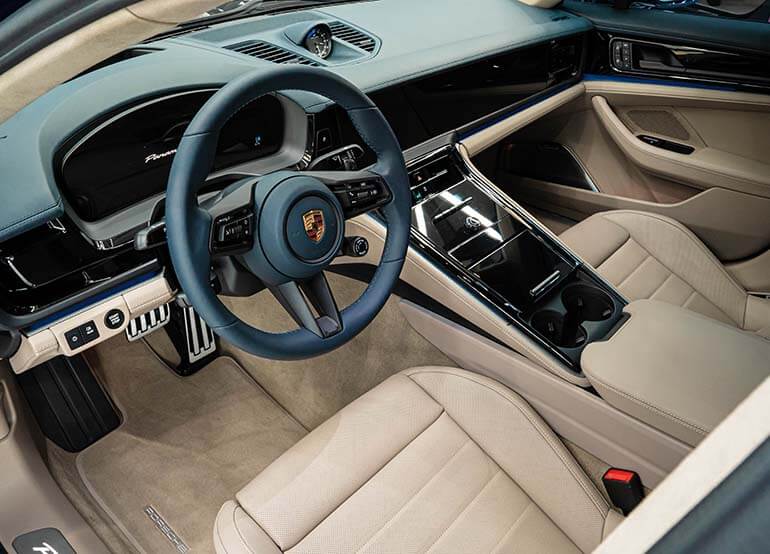
10
Interior Reassembly and Quality Check
After installing all the materials, the interior components are reassembled. A check is performed to ensure all parts are securely fastened, and a general test is conducted to assess the noise reduction level.
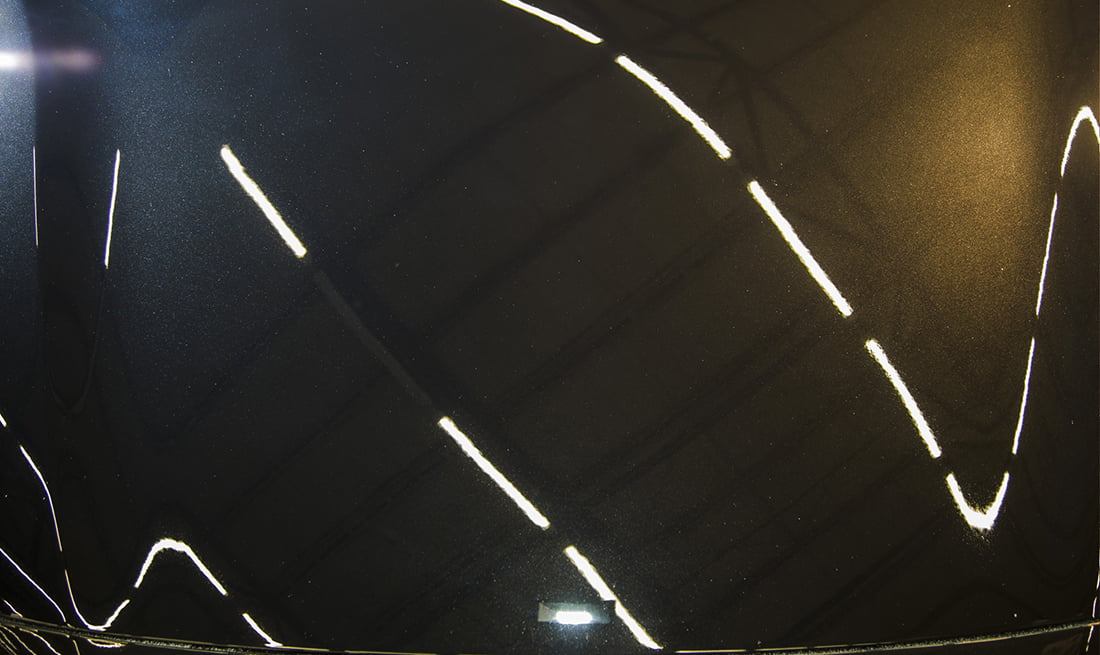
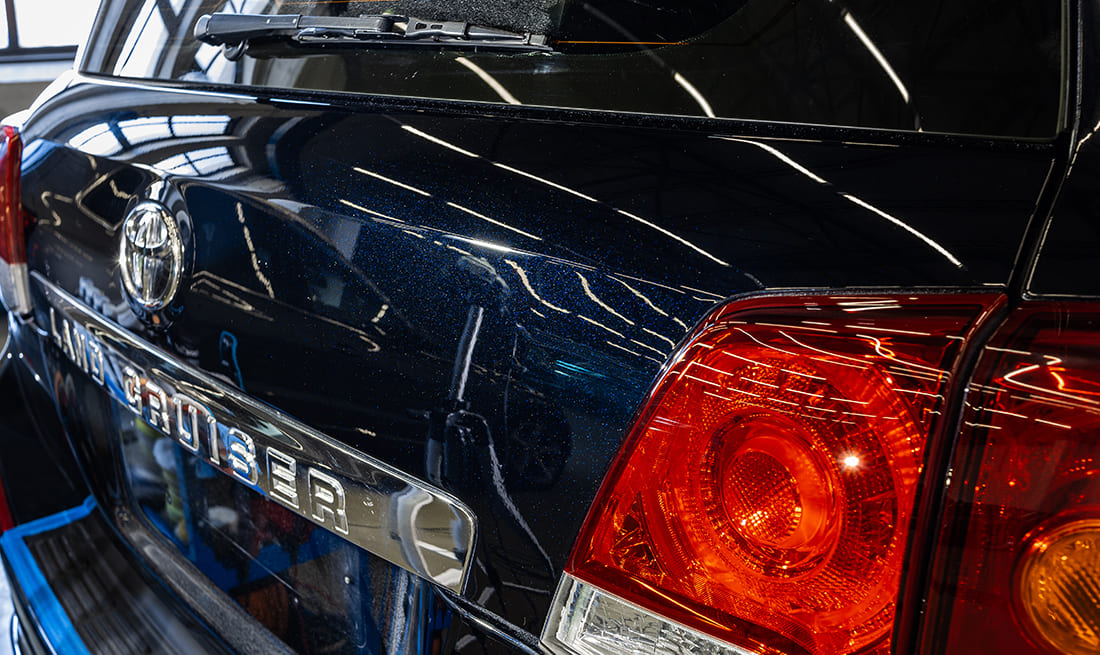
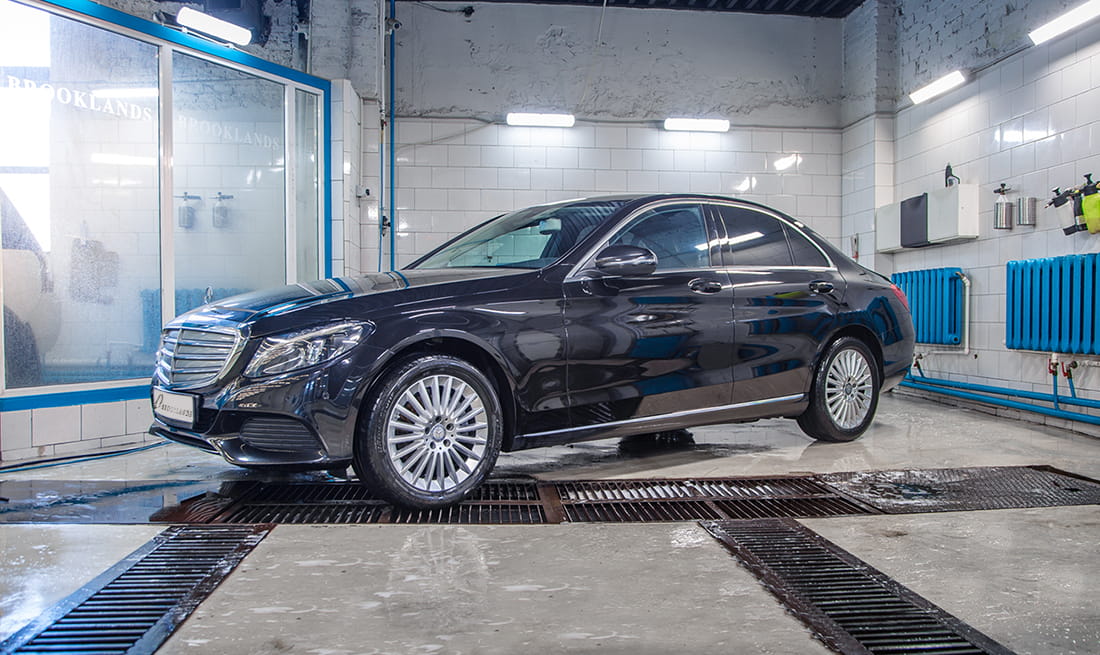
FAQs
01
What materials do you use for soundproofing, and what are their benefits?
We use high-quality vibration and soundproofing materials such as bitumen mats, acoustic felt, and foam rubber. These materials effectively reduce vibrations and noise while being durable and resistant to temperature changes.
02
How does soundproofing affect a car’s weight and performance?
Soundproofing materials add weight to the car, typically between 20 to 50 kg, depending on the extent of the work. However, this has minimal impact on performance while significantly enhancing driving comfort and noise reduction.
03
Can soundproofing be applied to specific parts of the car, such as doors or wheel arches?
Yes, we can apply soundproofing to specific areas like doors, wheel arches, or the trunk. This is a more budget-friendly option, but for the best results, full soundproofing is recommended.
